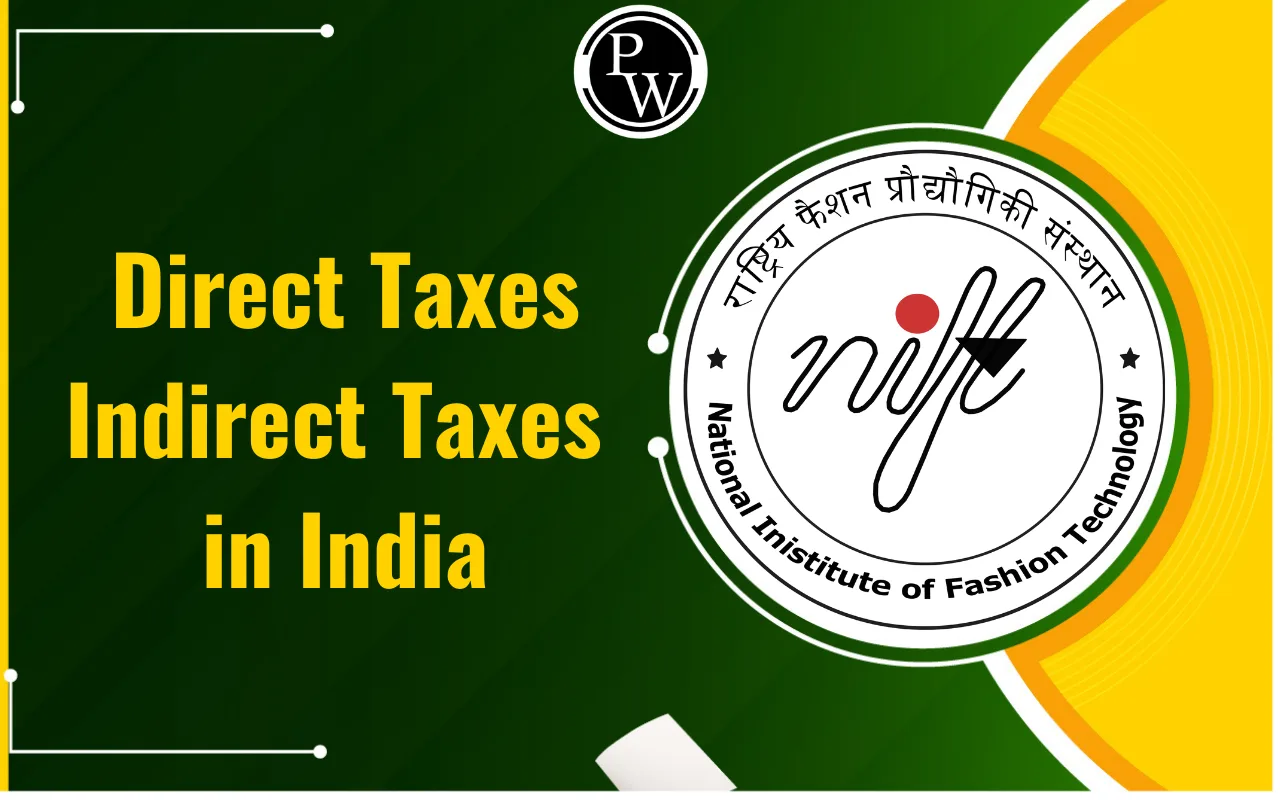
Tax accounting is an accounting technique used to create tax returns for businesses, individuals, and other organisations. It keeps track of both in and out money and is governed by the Internal Revenue Code. It only concentrates on transactions that have an impact on taxes, in comparison to financial accounting.
What is Tax Accounting?
Tax accounting is an arrangement of accounting practices that prioritises taxes over a company's yearly audited financial statements. Certain ICDS are defined by the Income Tax Act of 1961, like notified Indian accounting standards (AS).
The method of accounting for tax purposes is called tax accounting. The goal of tax accounting is to make it possible to track the inflow and outflow of money related to people and organisations. Ten ICDS have been notified so far, and they are as follows:
1. Accounting Policies (ICDS-I)
2. Inventory Valuation (ICDS-II)
3. Construction Contracts (ICDS-III)
4. Revenue Recognition (ICDS-IV)
5. Tangible Fixed Assets (ICDS-V)
6. ICDS-VI: Impact of Foreign Exchange Rate Changes
7. Government Grants (ICDS-VII)
8. Security (ICDS-VIII)
9. ICDS-IX: Costs of Borrowing
10. ICDS-X: Contingent Assets, Contingent Liabilities, and Provisions.
Read More - What is Indirect Tax? Meaning, Advantages & Types
Importance of Tax Accounting
Taxation accounting has a direct impact on the financial and legal standing of any person or organisation, it is important to highlight all of its aspects. You can reduce your tax burden and fulfil your tax duties with the help of tax accounting. Tax accounting is necessary for companies that wish to:
-
Employing tax planning, they lower their tax bills. A tax accountant can clearly outline a course for future tax savings, regardless of how you invest in your company or classify depreciating assets.
-
Observe the tax regulations. An accountant can make sure you follow tax regulations to prevent fines and audits.
-
Maintain a morally responsible public image. A company's reputation and image may suffer if it avoids paying taxes when investors and the general public learn about it.
-
Errors, whether intentional or not, can be avoided with proper tax accounting, lowering the possibility of financial damage to the company's reputation.
-
Analyse potential investments from a tax perspective. The tax you pay may vary depending on two investments with the same gross return. You can use tax accounting to solve problems like deciding when to sell investments to lower capital gains taxes.
Read More - How To Become a Tax Accountant?
Types of Tax Accounting
The many taxpayers who use the method are reflected in each of the tax accounting categories. Single taxpayer tax accounting only considers things like income, able tax deductions, investment gains or losses, and other activities that have an impact on the taxpayer's tax liability.
Tax Accounting for Individuals
Tax accounting for an individual taxpayer only considers income, qualified deductions, gains or losses on investments, and other activities that have an impact on the taxpayer's tax liability. This restricts the amount of information required for an individual to handle an annual tax return, and although using a tax accountant is not required by law, an individual can do so.
General accounting would entail keeping track of all money coming into and leaving a person's hands, regardless of its intended use, including personal expenses that are tax-free.
Tax Accounting for Businesses
The tax accounting process requires additional information analysis from a business perspective. Earnings, or going in funds, for a company must be tracked in the same way as for an individual, but any existing money used for specific company objectives presents an extra layer of complication. This can include money allocated to shareholders as well as money allocated to particular company expenses.
Although hiring a tax accountant to handle these tasks is not necessary, it is very common in larger companies because of the complex nature of the records involved.
Tax Accounting for Tax-Exempt Organizations
Tax accounting is required even when an entity is exempt from paying taxes. This is because the majority of companies are required to submit yearly returns. They have to give details about any incoming funding, including grants or gifts, and how the money is spent while the group is operating.
This makes it easier to make sure the company complies with all the laws and regulations that control how a tax-exempt corporation should be run.
Tax Accounting Example
Beautiful, a small floral firm, made $150,000 during the fiscal year 2021–2022. The COGS of the store were $60,000. The company determines its inventory at cost, which came to $50,000 for the fiscal year. Revenue ($150,000) less its cost of goods sold ($60,000) is $90,000 according to the revenue formula.
A company of the size and nature of Blooming's is subject to a 13% tax rate. Accordingly, Blooming's owners owe roughly $11,700 in taxes for the fiscal year 2021–2022.
Tax Accounting Job Description
The following are all tax-related duties that are part of a tax accountant's job description:
-
Maintain a business's tax database and create tax provisions schedules, returns, payments, and reports.
-
Locate tax solutions for complex tax problems or mistakes resulting from inaccurate tax returns.
-
Determine valid tax benefits and suggest strategies to increase revenue.
-
Verify that clients pay attention to local, state, and federal tax laws.
-
Inform management of the effects of new tax legislation, corporate strategies, and tax liabilities.
-
Organise tax preparation services that are outsourced.
-
Prepare quarterly and annual tax reports with accuracy.
-
By taking advantage of educational opportunities, joining professional organisations, staying current with professional networks, and reading professional publications, you may stay informed on tax changes and industry trends.
Build Your Career with a Certificate Program in Accounting, Taxation, and Finance
The objective of the PW Finance, Tax, and Accounting Course is to provide you with the skills, information, and practical experience you need to succeed in the field of accounting. This four-month hybrid program, taught on weekdays in recorded and live lectures, contains practical case studies guided by PwC India.
FAQ
What is the average CFA salary in India in 2025?
What is the CFA fresher salary in India?
How much is the CFA salary in India after Level 3?
What is the CFA highest salary in India?










